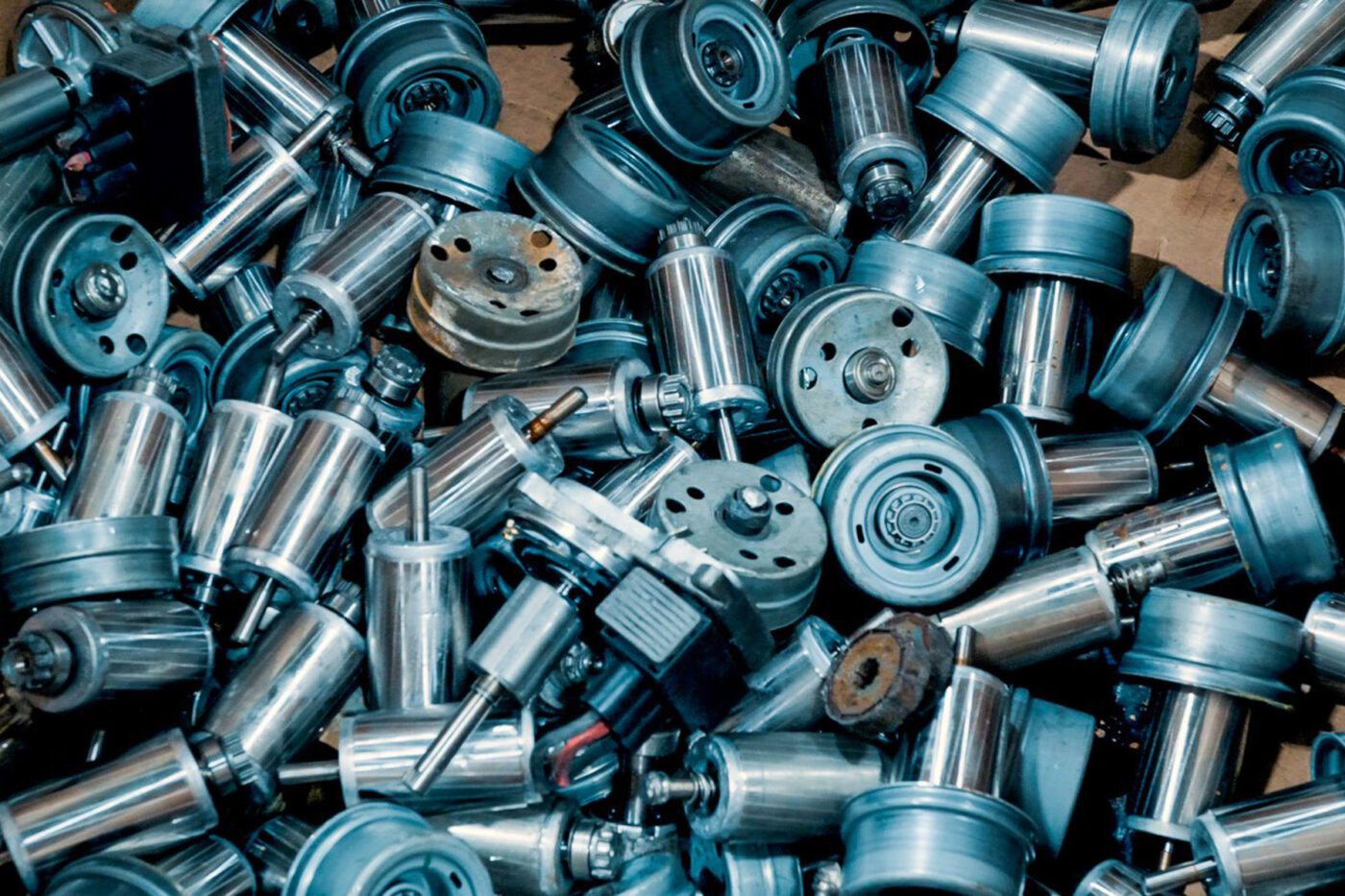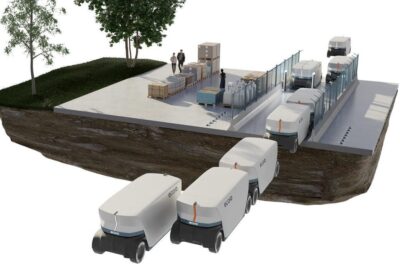China introduced stricter export controls for rare earths
China intends to significantly tighten its export controls on rare earths, citing the protection of national security and interests as the reason. According to the Ministry of Commerce, foreign exporters of products containing rare earths from China will in future have to obtain an export licence from the Chinese authorities. In addition, the export of technologies for mining and processing rare earths, manufacturing magnets and recycling minerals is prohibited without a licence.
Rare earths have been indispensable for the manufacture of electric cars to date: they are mainly used in electric motors, particularly in permanently excited synchronous machines (PSMs) consisting of neodymium, praseodymium, dysprosium or terbium. These metals give the magnets their enormous power density and heat resistance – properties that are crucial for the efficiency and range of the vehicles. Without them, compact and powerful electric motors would hardly be possible.
Such permanent magnets are also used in electromechanical power steering systems and, to a lesser extent, in lasers, car headlights and spark plugs, for example, but also across a range of industries in computer chips, capacitors and smartphones.
It has been apparent for some time that China is tightening the screws on rare earths: In April, following a tariff dispute with the US government, China imposed an export ban on six of the 17 rare earths. Although this ban was lifted in June under strict conditions, the Chinese government is now laying down new rules that are likely to be important for electric car manufacturers.
As a study by the Supply Chain Intelligence Institute Austria (ASCII) in Vienna shows, China controls around 58 per cent of the mining of the rare earths needed for permanent magnets, which are indispensable for electric cars, wind turbines and robotics, and as much as 92 per cent of the manufacture of the corresponding products. This makes it clear that Western manufacturers are dependent on China for these components.
reuters.com, mofcom.gov.cn (Chinesisch)
This article was first published by Florian Treiß for electrive’s German edition





0 Comments